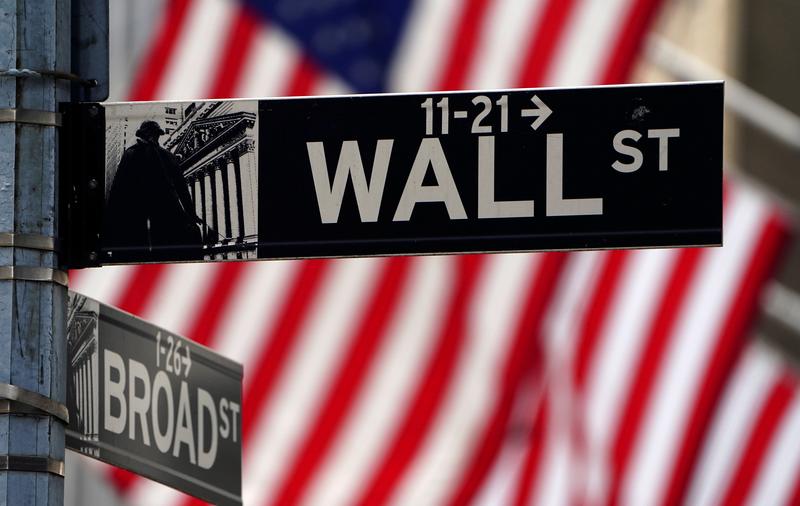(Reuters) -Strong stock market debuts by oat milk maker Oatly Group AB and construction software firm Procore Technologies eased investor concerns on Thursday that U.S. initial public offerings (IPOs) could suffer a bout of volatility.
At least three IPOs, including those of mortgage insurer Enact Holdings Inc and hearing care services company Hear.com, were canceled last week, the companies citing choppy market conditions for their decision.
A sudden drop in the stock market, driven by concerns over inflation, pushed investors into safe-haven assets and prompted them to dump risky stocks. As these fears eased this week, the volatility that hampered IPOs subsided.
Shares of Sweden-based Oatly, which counts celebrities like Oprah Winfrey and Natalie Portman among its investors, closed up 19% on its first day of trading on Thursday, while Procore Technologies rallied 30%.
“We had a red hot market that everything was getting done. I don’t see the windows being closed at all now. Healthcare and technology remain the open spot,” said Mitch Nussbaum, chair of the capital markets and corporate department at Loeb & Loeb.
The U.S. IPO market has been on an unprecedented tear in the last 18 months, driven mainly by investor appetite for tech stocks. Several high-profile technology companies, including Airbnb, Doordash, Snowflake, Roblox, Coinbase and Palantir Technologies took advantage of the hype to go public.
More big startups, such as online brokerage Robinhood Markets, grocery app Instacart and electric vehicle maker Rivian are preparing to go public later this year.
The IPO market raised a record $167 billion through new issues in 2020, according to data from Dealogic. That record is set to be comfortably eclipsed this year, as offerings have already raised well over $150 billion, driven mainly by floats of special purpose acquisition companies (SPACs).
More companies are now turning to IPOs as investors fret over a bubble in the SPAC market.
“The volatility is not really scaring off good IPO companies. And that’s a good sign. Because if they keep going public, investors are not going to miss the window – they are not going to sit on the sidelines and be nervous for very long,” said David Peinsipp, co-chair of the global capital markets practice at law firm Cooley LLP.
Source: Read Full Article
